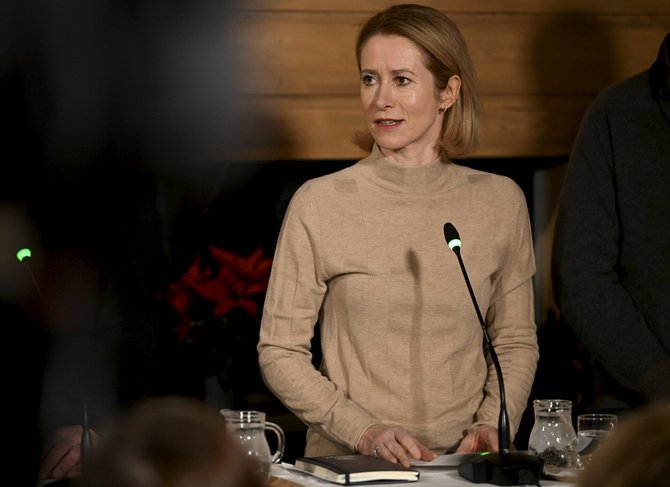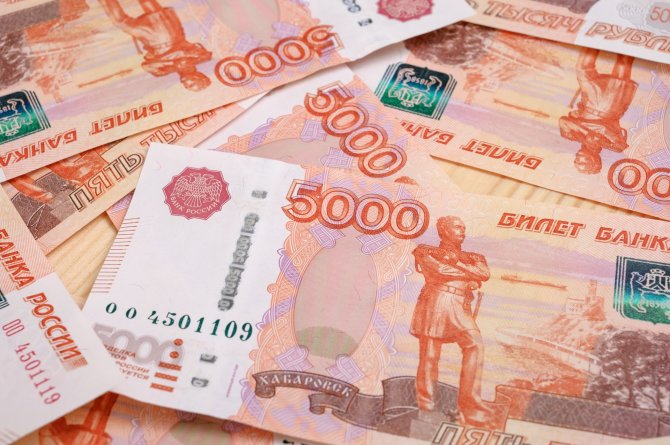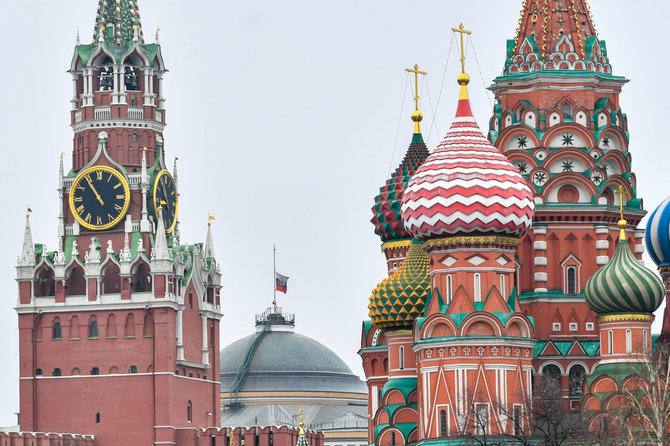Trump’s appointed envoy to Ukraine, Keith Kellogg, has said that if Russia rejects the peace proposal, military support to Ukraine would be significantly increased. But Trump was more ambiguous. Indeed, many of his other advisers would like to eliminate or significantly reduce US aid to Ukraine, which amounts to about 45 percent. all transatlantic aid to the country.
It notes that a mandatory requirement to dramatically increase European defense spending as the threat from Russia grows, combined with potentially higher spending to support Ukraine, would put new budgetary pressures on European governments already grappling with difficult times. Shifting social spending to the military budget would cause strong opposition from populists.
“These potentially explosive internal conflicts over money and budgets in the Kremlin are well understood – and they will be another reason for Russia to resist a peace deal.” From Russia’s point of view, it just needs to continue the war and wait until the Western financing of Ukraine finally stops,” noted the author of the article, Adrianas Karatnyckis, a senior fellow at the Atlantic Council think tank.
One obvious solution to making up for the sharp decline in US financial support is to provide an estimated $300 billion USD frozen reserves of Russian currency held in Western banks, most of which are in European financial institutions.
From 2022 In February, the United States granted Ukraine more than 110 billion dollars. US dollars in military and humanitarian aid, and European countries provided more than 130 billion. dollars of security and financial aid.
“If the Trump administration would significantly reduce aid to Ukraine, 300 billion dollars of frozen assets could replace US spending for about six to seven years. Until now, leaders in Europe and the United States have been reluctant to use these resources. It came close when the countries of the G-7 group decided to use the interest earned from these currency reserves as collateral for 50 billion. dollars for loans to Ukraine”, writes “Foreign Policy”.
The analyst pointed out that pressure from the future Trump administration could prompt Europe to take a decisive step and confiscate these stocks.
In an interview last year, Scott Bessent, Trump’s nominee for Treasury Secretary, said he believed that Russian currency reserves held by the West would eventually be used against Russia.
Countering critics who worry about the potential risks associated with confiscating these Russian assets, Bessent said such a move would not have a dramatic impact on the stability of the euro or the dollar, although he acknowledged a gradual recovery in the global economy. de-dollarization trend.
A few months before the US election, in a conversation with a high-ranking Joe Biden administration official, A. Karatnytskyi asked about the possibility that Russian reserves could be used to help Ukraine.
“It would take time to overcome bureaucratic resistance and put this issue on the president’s agenda,” the interviewer explained. “And then it would take time to coordinate with key Western leaders,” the official continued. “On the other hand, if (Trump) were to win, it could happen quickly.”
Indeed, the very idea of using its own resources against Russia is the truest idea of D. Trump’s style, echoing his 2016. announced that he would force Mexico to pay for the construction of a wall between it and the United States to prevent illegal border crossings. And given the deal-based nature of Trump’s foreign policy, one can imagine negotiations on burden-sharing and the use of resources to compensate for reduced US support to Ukraine.
For almost three years, Western leaders resisted this, but according to the article, today, with the increased need to find new resources to support Ukraine’s economy and defense, $300 billion will be released. confiscation and use of frozen Russian assets could become a tempting opportunity for both Europe and the United States.
It can be clearly justified by the doctrine of retaliatory measures aimed at Russia’s imperative violations of international norms, the analyst noted.
December 10 Valerie Urbain – Belgian financial institution Euroclear, which holds roughly two-thirds of the $300 billion The head of Russian assets worth US dollars admitted to the Bloomberg news service that the Trump administration will “bring some discussions back to the table (regarding confiscation of Russian assets)”.

ES foreign politikos vadovė Kaja Kallas / Antti Aimo-Koivisto/LEHTI/SIPA / Antti Aimo-Koivisto/LEHTI/SIPA
The new head of the European Union’s foreign policy, Kaja Kallas, also called for these Russian funds to be used to help Ukraine. An earlier Financial Times report cited a heated debate between German Chancellor Olaf Scholz and Polish President Andrzej Duda, with the former opposing and the latter in favor of asset confiscation.
Most fear not only the possibility of undermining the euro’s role as a reserve currency and jeopardizing the stability of the eurozone, but also how China will react.
“The most important thing is how China can react. Beijing has more than 3 trillion US dollars in reserves, 58 percent of which is in US dollars and most of the rest is in euros, pounds and yen. If China were to quickly give up these reserves, it could potentially weaken some Western countries’ currencies and government bonds,” A. Karatnyckis explained.
But Russia’s war, proponents say, is an exceptionally serious threat to the post-World War II global order — and only the second since 1948 to launch an unprovoked military invasion and outright annexation of the territory of a United Nations member state.
Another such brazen violation of the United Nations Charter, a violation that was eventually reversed, was Iraq’s invasion and annexation of Kuwait in 1990. The US response to this aggression was the confiscation of Baghdad’s assets denominated in hard currency.
“A powerful message from the United States and Europe that they are marshaling the necessary resources to support a long-term Ukrainian resistance would make it clear to Russian elites that their disastrous war will ensure further massive Russian loss of life and leave the country severely backward economically — and at a critical time when a new a technological revolution based on artificial intelligence is gaining momentum,” Foreign Policy summarized.
In the author’s assessment, in order to effectively motivate the Kremlin to end the war, the use of Russian assets to finance the Ukrainian army must be combined with other measures – the removal of strict Western restrictions on Ukraine’s ability to fight. Strikes on Russian territory would include the ability to disrupt Russian power grids in Moscow and St. Petersburg, further reminding Russian elites that war is costly.
“Such a coordinated and consolidated Western approach would greatly strengthen the positions of the Trump administration in seeking a diplomatic solution that would preserve Ukraine’s national security and sovereignty,” the author concluded.
Source: www.15min.lt




